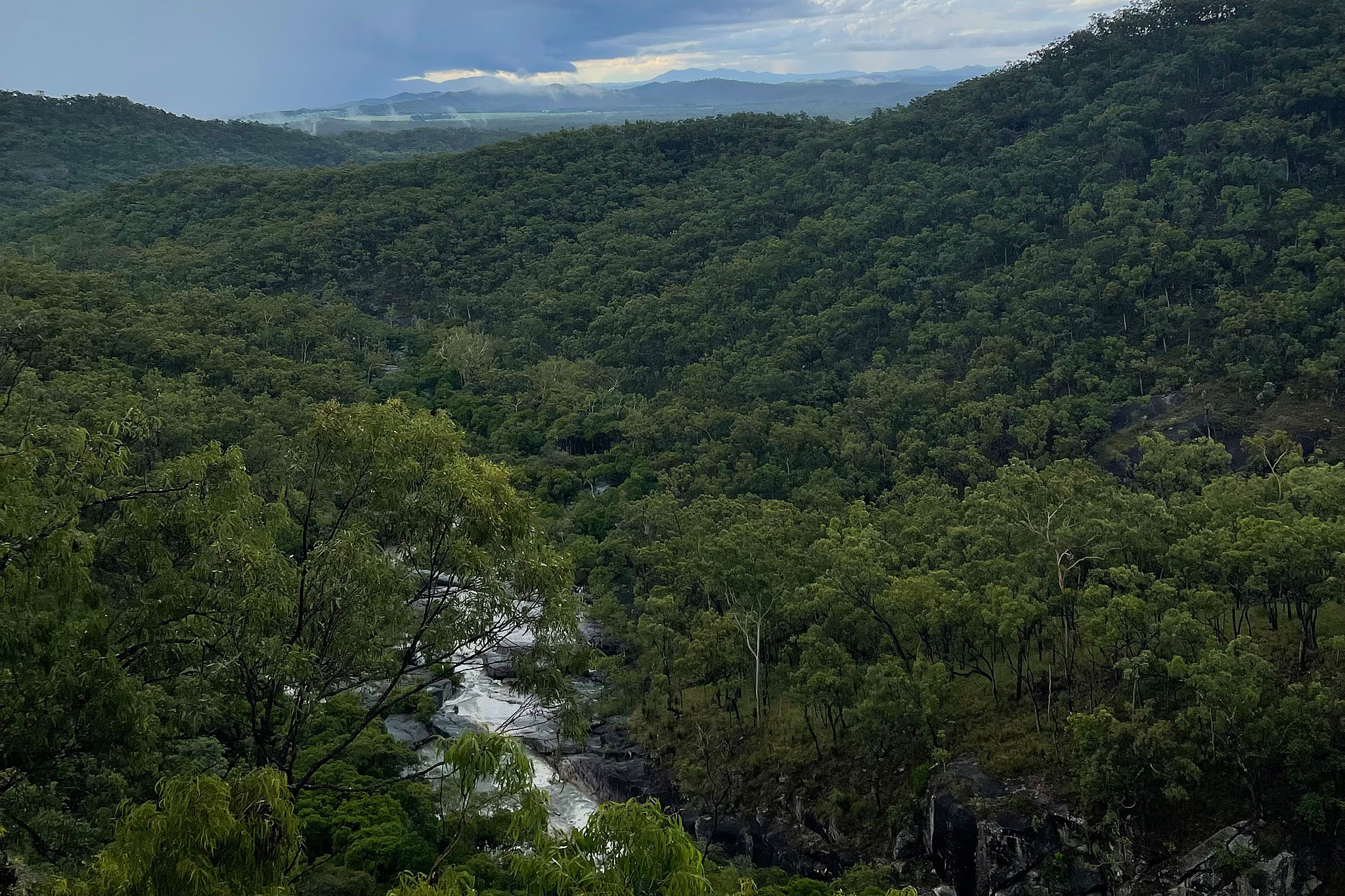This month we highlight microclimate data collected at TERN monitoring sites in Far North Queensland rainforests. The data sheds light on the climatic patterns in rainforest ecosystems and provide researchers with valuable insights into the adaptations and distribution patterns of tree species within these ecosystems.
Understanding the complex ecosystems of tropical rainforests has always been a challenge for scientists. The Far North Queensland Microclimate (FNQ-microclim) project, an ongoing TERN and Queensland Government enabled long-term monitoring initiative, seeks to shed light on the microclimatic patterns across elevation gradients in the Australian Wet Tropics (AWT). By collecting and analysing high-resolution data from five tropical rainforest sites, researchers hope to gain valuable insights into the adaptations and distribution patterns of tree species within these ecosystems.
The project is jointly funded by NCRIS-enabled TERN and the Queensland Government Research Infrastructure Co-investment Fund (RICF).
This valuable dataset serves as a crucial resource for exploring microclimatic patterns within the Australian Wet Tropics. It offers high-resolution, long-term climatic information that accurately represents the microclimate experienced by seeds and seedlings in tropical rainforest ecosystems. The FNQ-microclim project aims to understand the distribution patterns of tree species across elevation gradients in the AWT.
By combining the near-surface temperature and soil moisture data with other environmental variables and leaf traits, the project seeks to investigate species adaptation, seedling germination ecology, and tolerance to thermal stress. These crucial aspects are currently understudied in this bioregion, making the FNQ-microclim dataset a valuable tool for ecological research and conservation efforts in the Australian Wet Tropics.








